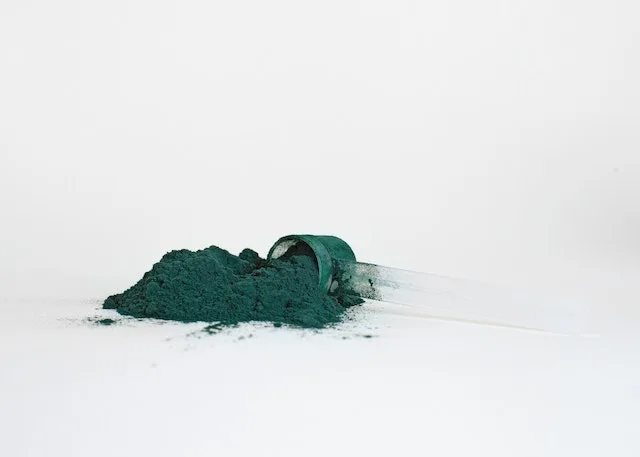While both are abundant in vitamins and minerals, Chlorella is notably effective for detoxification, while Spirulina boasts a high concentration of protein. If you’re looking to detox, Chlorella is your go-to, whereas vegetarians can count on Spirulina to bolster essential amino acids and protein intake.
Stabilization of blood sugar levels and improvement of blood lipid profile are some of the potential benefits associated with the consumption of chlorella and spirulina
According to Dr. Li Sixian, both chlorella and spirulina have the potential to stabilize blood sugar and improve blood lipids. These benefits may be attributed to the reduction of intestinal cholesterol recycling and the enhancement of gut microbiome diversity. Both of them are highly nutritious properties of algae. Despite their similar-sounding names, chlorella and spirulina exhibit slight differences in vitamin and mineral concentrations. Chlorella is having a higher content and spirulina containing a higher proportion of protein.
Cleanse Your Body with Chlorella: The Ultimate Detoxifier!
Dr. Li Sixian explained that chlorella’s cell walls are resistant to digestion, making it more commonly found in powdered supplement form. This algae is a rich source of EPA, DHA, and ALA, making it an ideal supplement for Omega-3 intake. Additionally, chlorella has been shown to aid in heavy metal detoxification by binding heavy metals in the intestinal tract and eliminating them from the body. This benefit is particularly valuable for individuals who work in occupations with high heavy metal exposure. To ensure safe consumption, it is recommended to take 2-3 grams of chlorella per day, while also selecting clean and organic sources of algae supplements to avoid any potential pollutants.
Shed Pounds with Spirulina: The Holy Grail of Weight Loss!
Dr. Li Sixian highlighted that spirulina is a rich source of vitamins B1, B2, B3, B6, B9, C, K, carotene, iron, copper, essential nutrients. While having a low calorie count, it is an excellent addition to a weight loss diet. Additionally, spirulina boasts a high protein content, making it a great protein source for vegetarians. However, it also functions as an anticoagulant, and individuals taking anticoagulant medication should consult their physicians prior to consumption. Spirulina has been known to boost your immunity, but caution is recommended for individuals with autoimmune diseases. The recommended daily intake of spirulina is 1-3 grams. It can be consumed in the form of milkshakes or directly with water.
Don’t forget to stay hydrated and drink enough water every day!
Medical Journal team
Algae for All: Who is recommended to eat Chlorella and Spirulina?
Li Sixian advises that chlorella can be helpful for those undergoing detoxification or starting a ketogenic diet. As toxins are released during the initial stages of fat dissolution can cause keto flu symptoms. Chlorella can aid in chelating toxins, reducing or eliminating these symptoms. On the other hand, vegetarians can benefit from supplementing with spirulina. It provides essential amino acids and proteins that can be challenging to obtain in a vegan diet.
The most common advice for eating Chlorella and Spirulina is to consume them in moderation. Choose reputable sources to ensure the quality and purity of the supplements. It is recommended to consult with a healthcare professional before adding them to your diet. It is important if you have any underlying health conditions or are taking medications. Additionally, it is important to follow the recommended daily intake guidelines for each supplement.
Check out the importance of folic acid. Critical element for expecting moms and pregnant woman.



